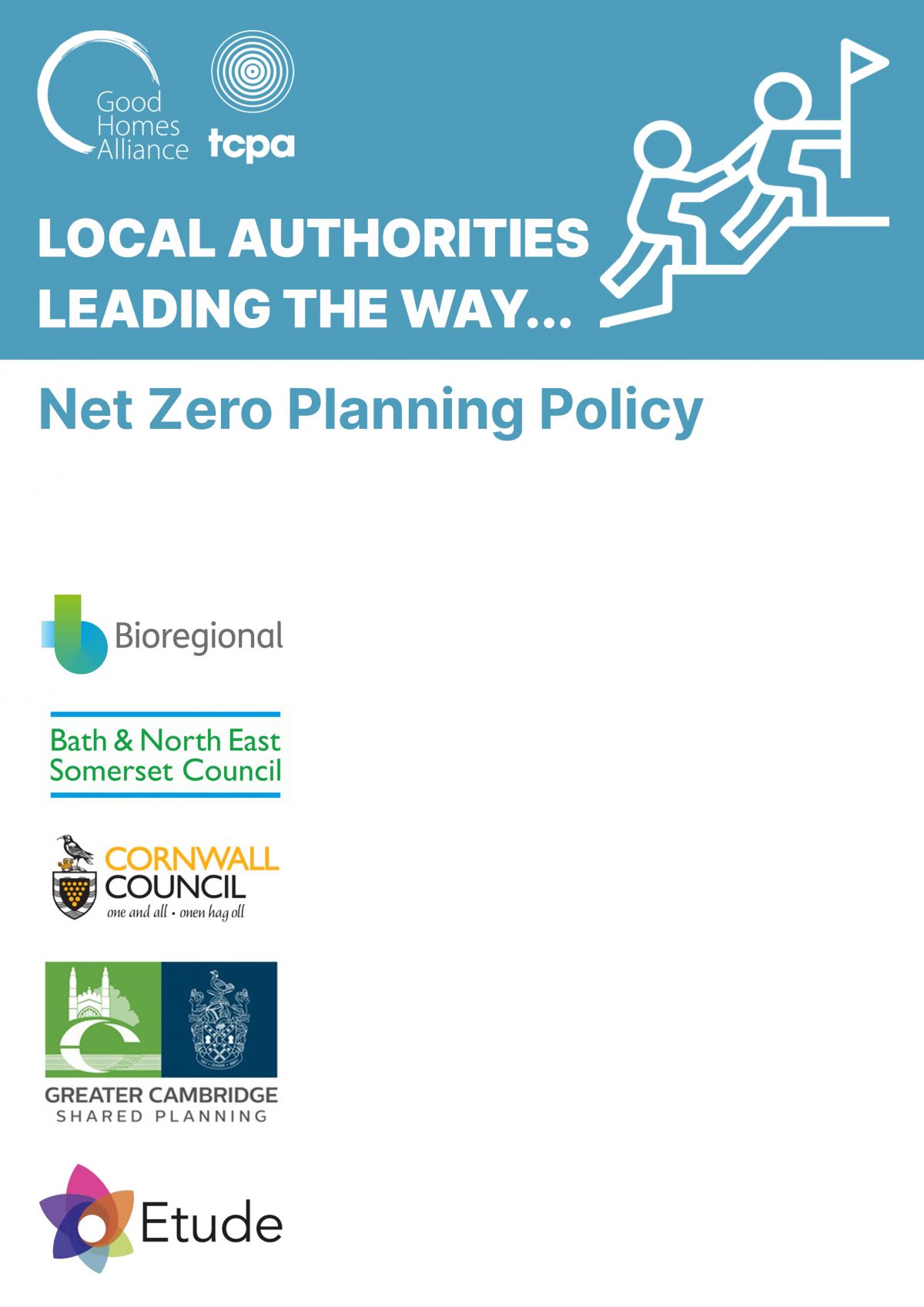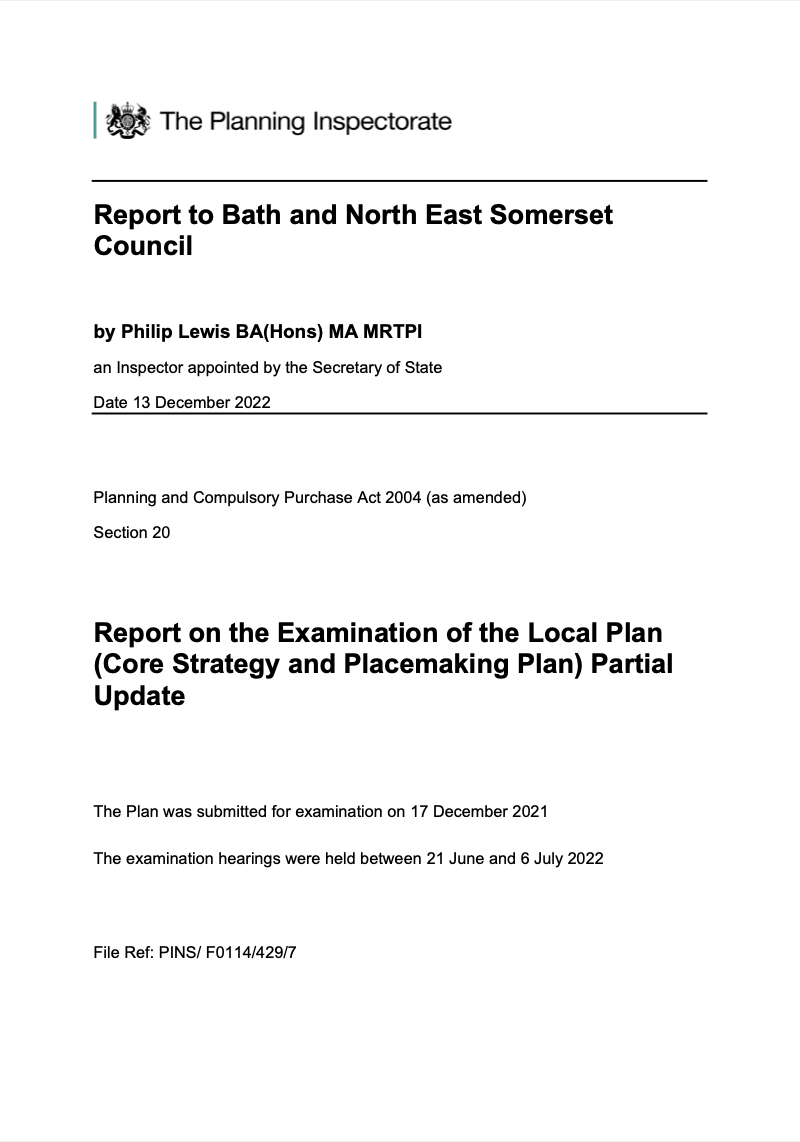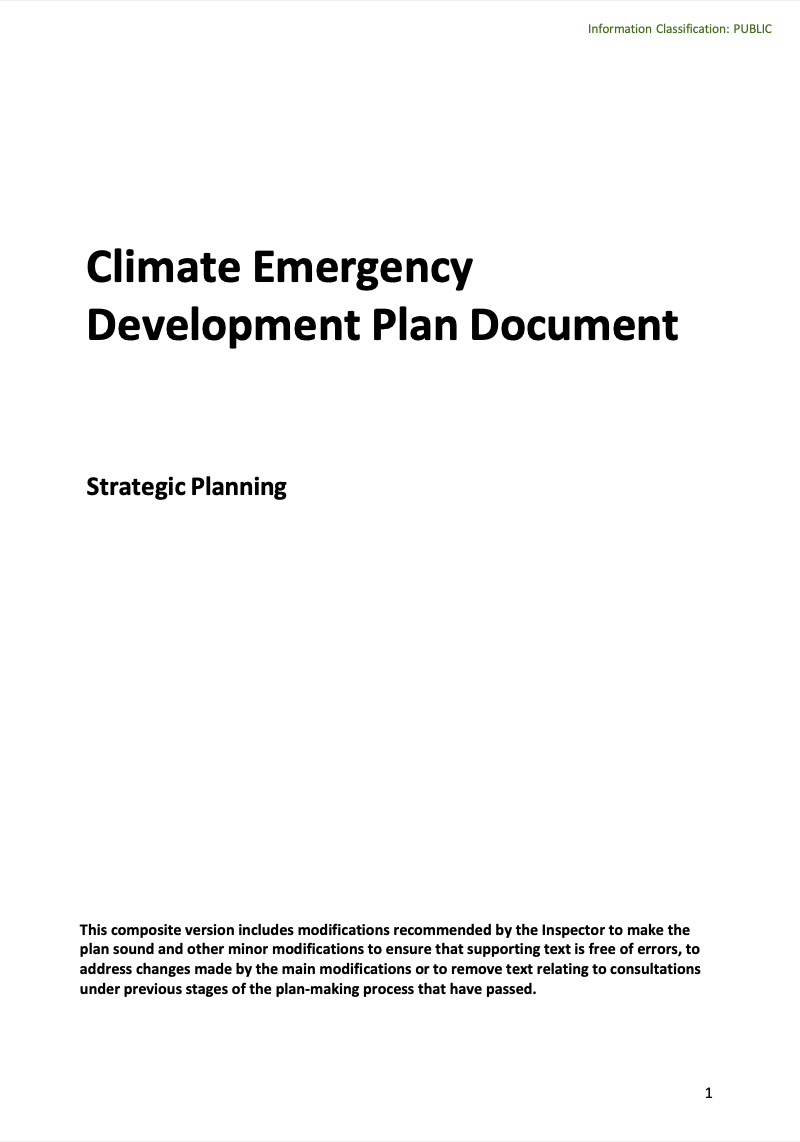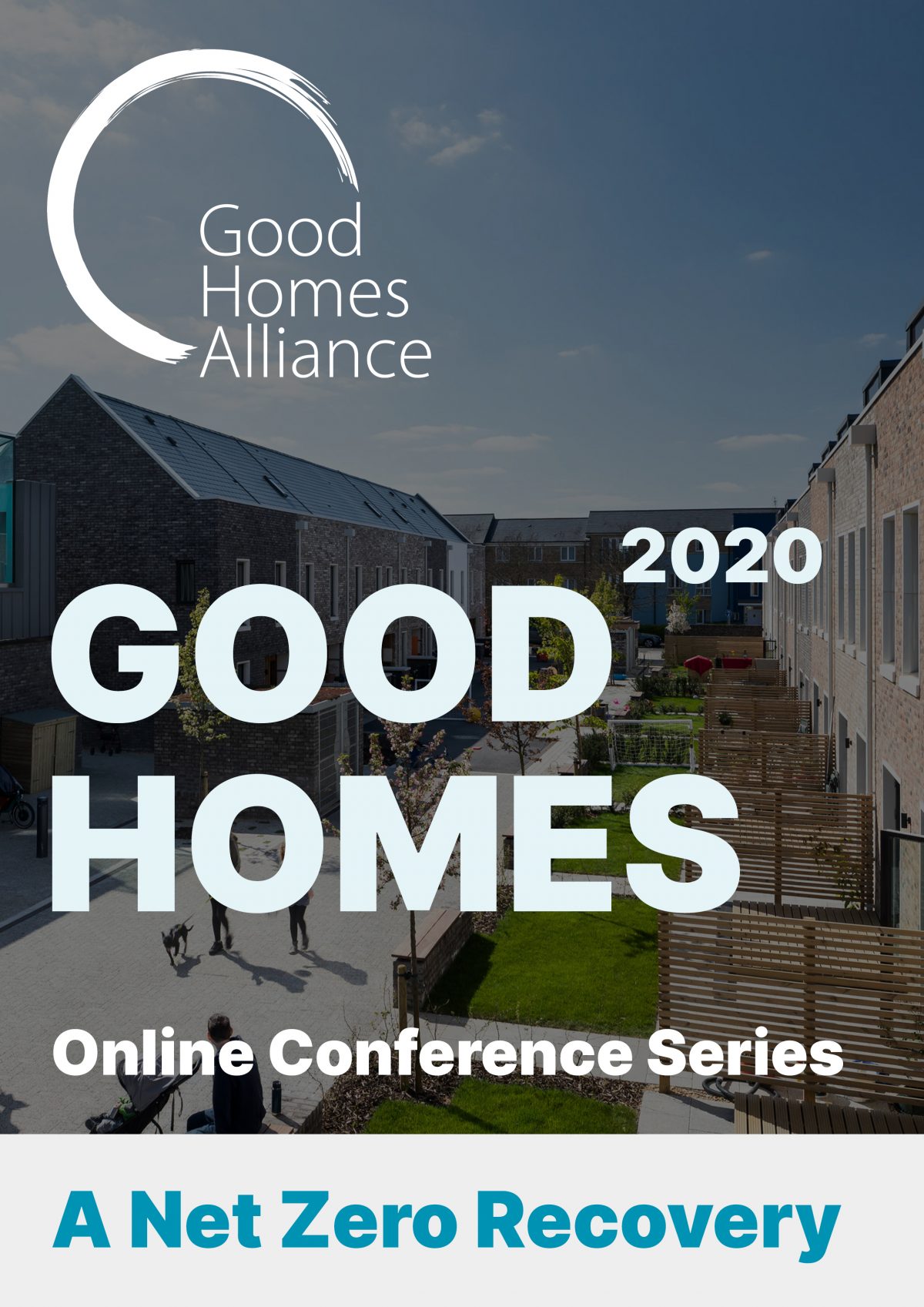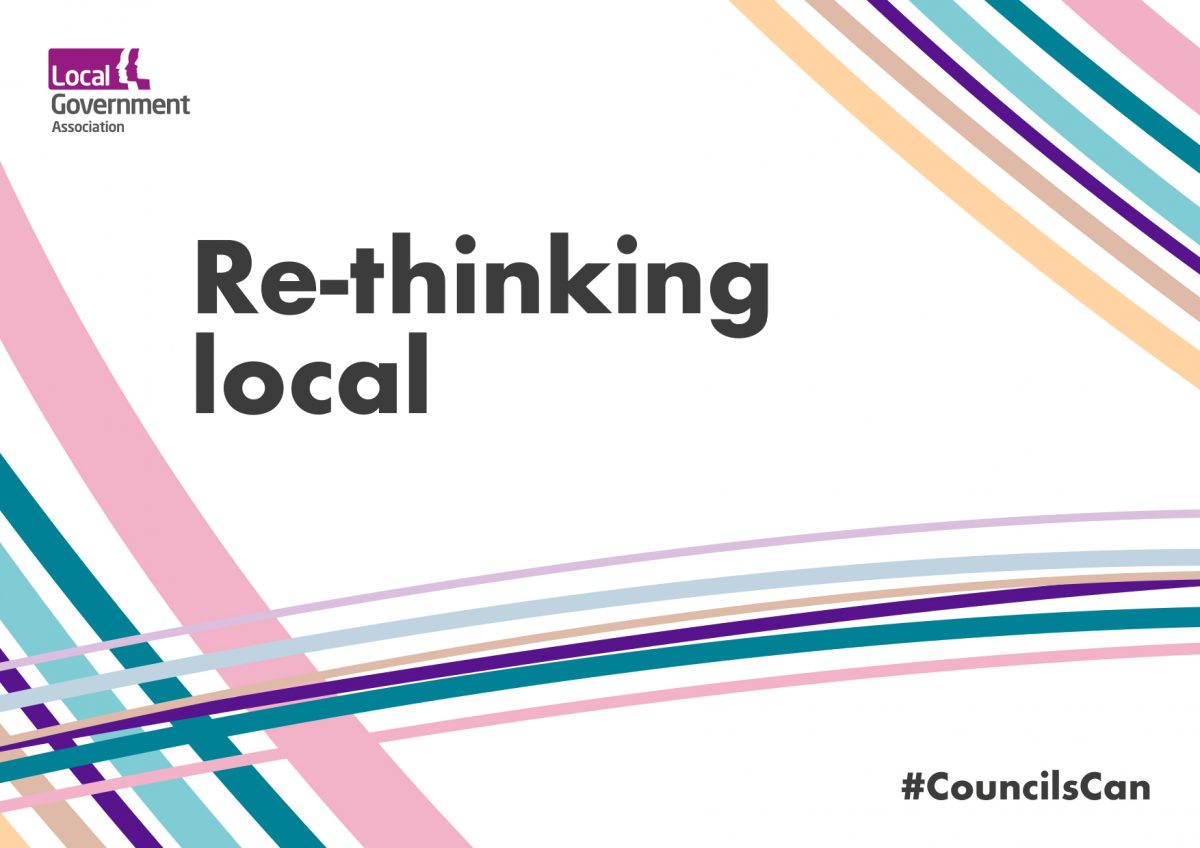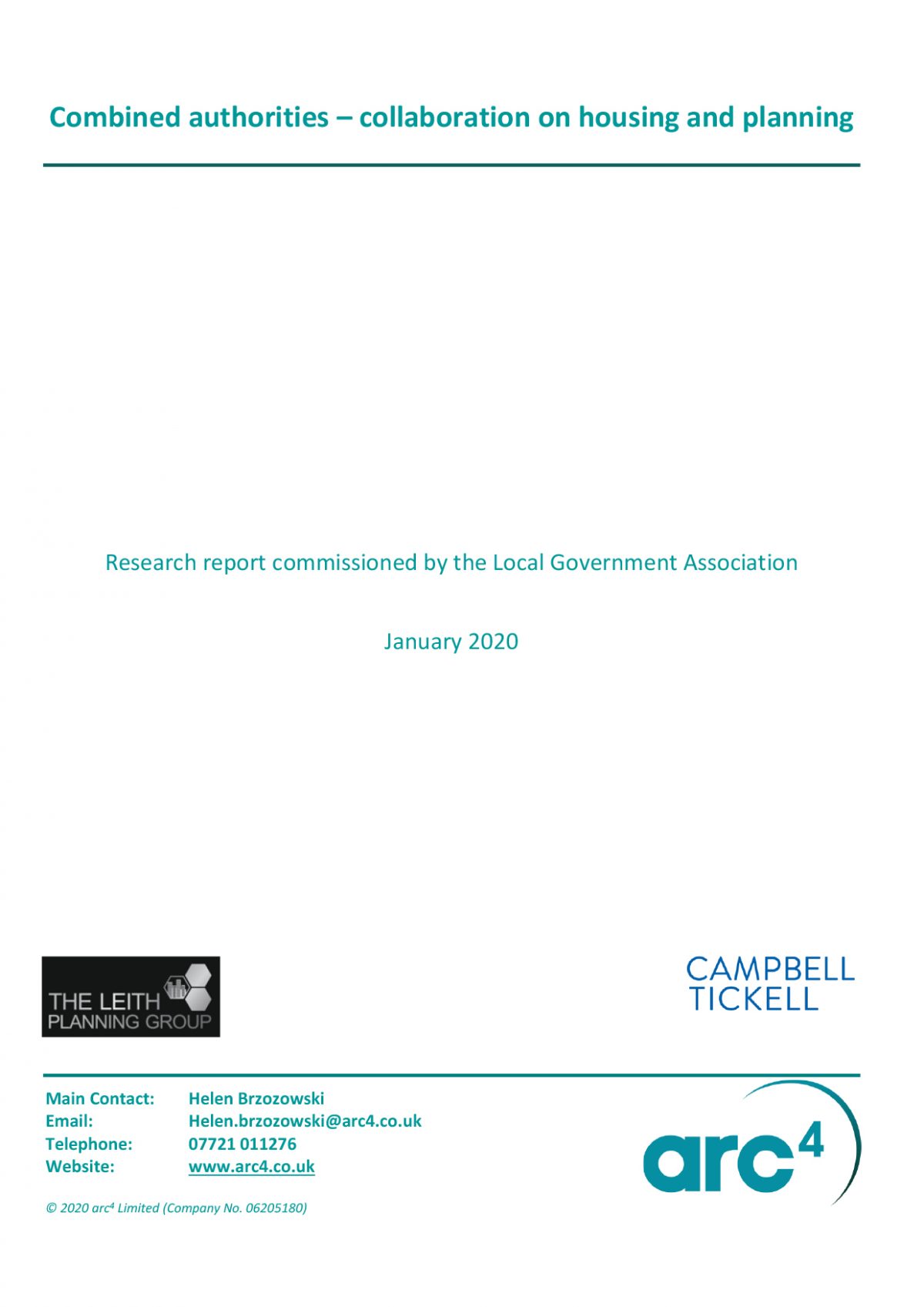About
Good Homes Alliance (GHA) and Town and Country Planning Association (TCPA) hosted a joint online event showcasing the progressive work of Local Authorities in developing, and successfully adopting, net zero planning policies.
We heard more about recent good news coming out of Bath & North East Somerset (B&NES) and Cornwall Council, whose local plan updates have both been found sound and legally compliant by the Planning Inspectorate. Both policies set absolute energy targets for housing (energy use intensity) and seek to maximise renewable energy generation on-site. The policies use a different framework from the Building Regulations and cover both regulated and unregulated energy.
These announcements reaffirm the fact that forward-thinking councils can set their own ambitious targets that go above and beyond minimum national standards. The work at B&NES, Cornwall, Cambridgeshire and others will help set a precedent for other Local Authorities to follow in their footsteps and meet their climate emergency commitments.
We were also delighted to be joined by experts from the consultancies who have been supporting progressive councils in developing evidence bases to support their new policies, and providing guidance on how to implement the policies in practice.
Programme
Welcome from GHA – Lynne Sullivan OBE, Chair, Good Homes Alliance
Welcome from TCPA – Celia Davis, Projects and Policy Manager, Town and Country Planning Association
What is the landscape for LAs in regard to setting progressive planning policies? – Marina Goodyear, Project Manager/Lewis Knight, Head of Sustainable Places, Bioregional
Planning policies successfully adopted! Lessons learned from B&NES and Cornwall, and implementation challenges
– Alex McCann, former Climate Policy Officer at Bath and North East Somerset Council (B&NES); now part of the Bioregional Sustainable Places team
– Emily Rubin, Principal Development Officer, Cornwall Council
Emerging planning policy: Net zero, circular economy, design codes and more – Greater Cambridge – Emma Davies, Principal Sustainability Officer, Greater Cambridge Shared Planning
Next steps for local authorities: How can the recent good news set a precedent for other progressive LAs? And what are the challenges? – Thomas Lefevre, Director, Etude
Q&A/panel discussion: How will updates to national policy and standards impact progressive local authorities?
Watch the recording
Presentation downloads
Marina Goodyear and Lewis Knight, Bioregional
Alex McCann, Bioregional (formerly B&NES Council)
Emma Davies, Greater Cambridge Shared Planning
Join our Vanguard Network
The Good Homes Alliance Vanguard Network of Local Authorties is a leading edge group whoch resources and conduct further research to facilitate LAs with new housing delivery arms in adopting enhanced sustainability, quality, health and performance standards for new housing developments.
Click here to find out how to join

